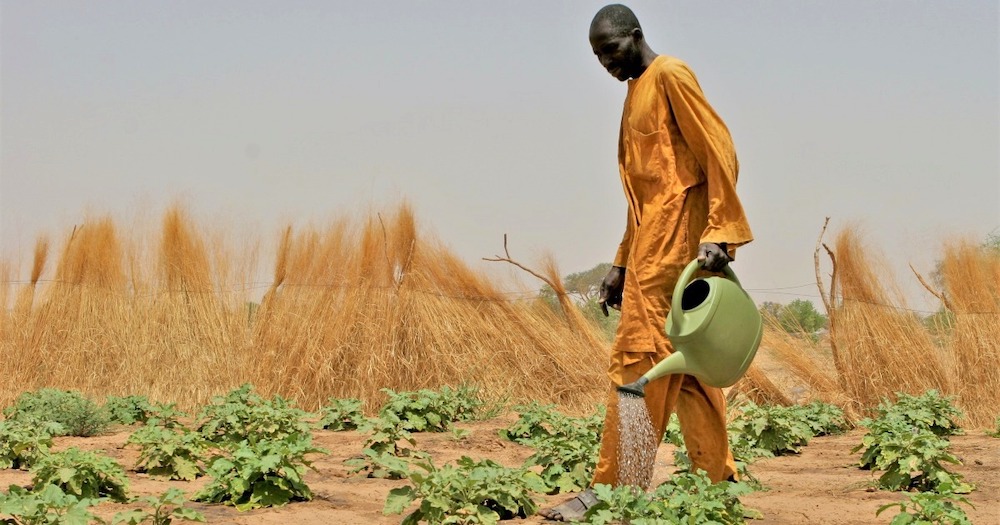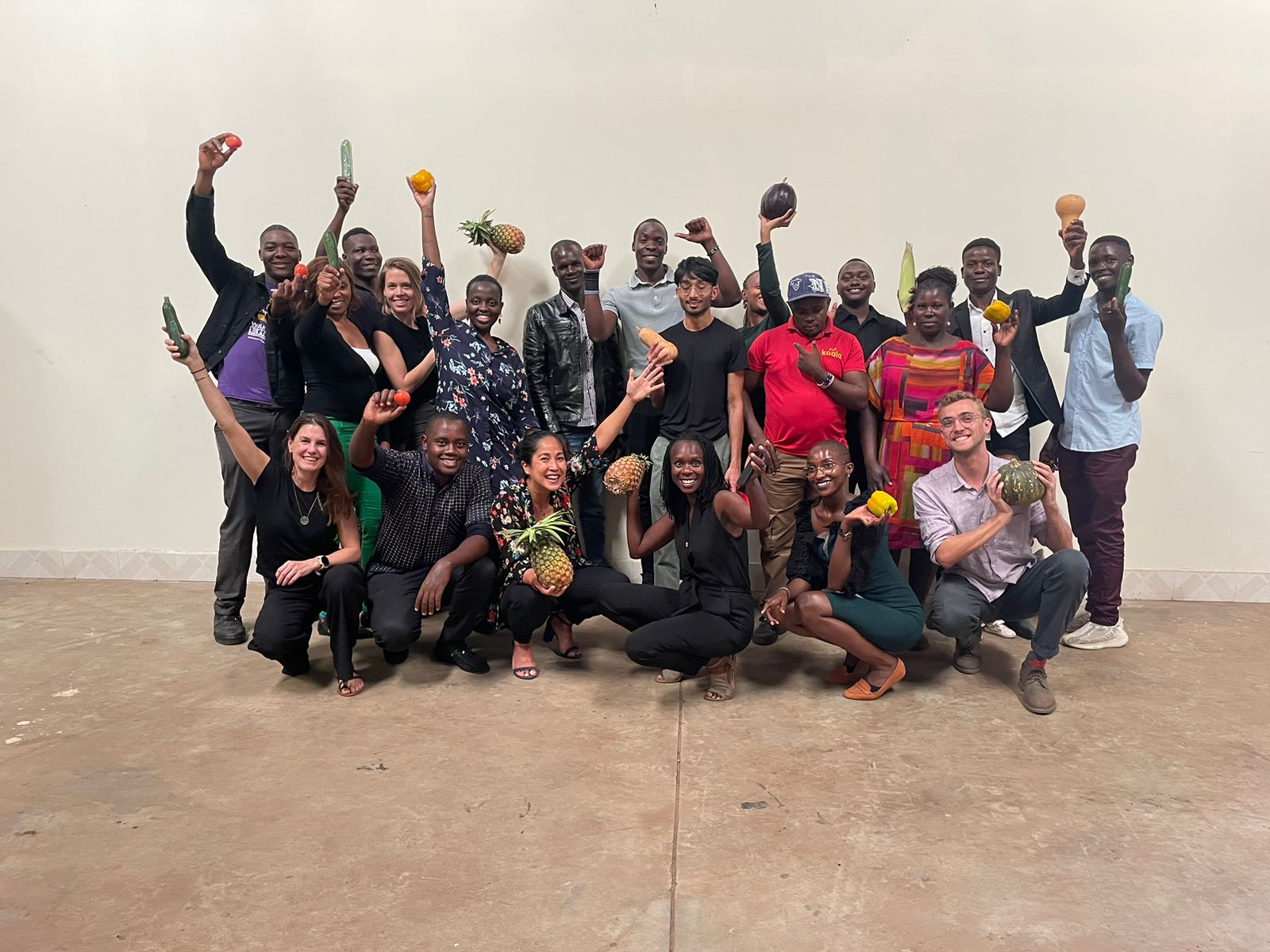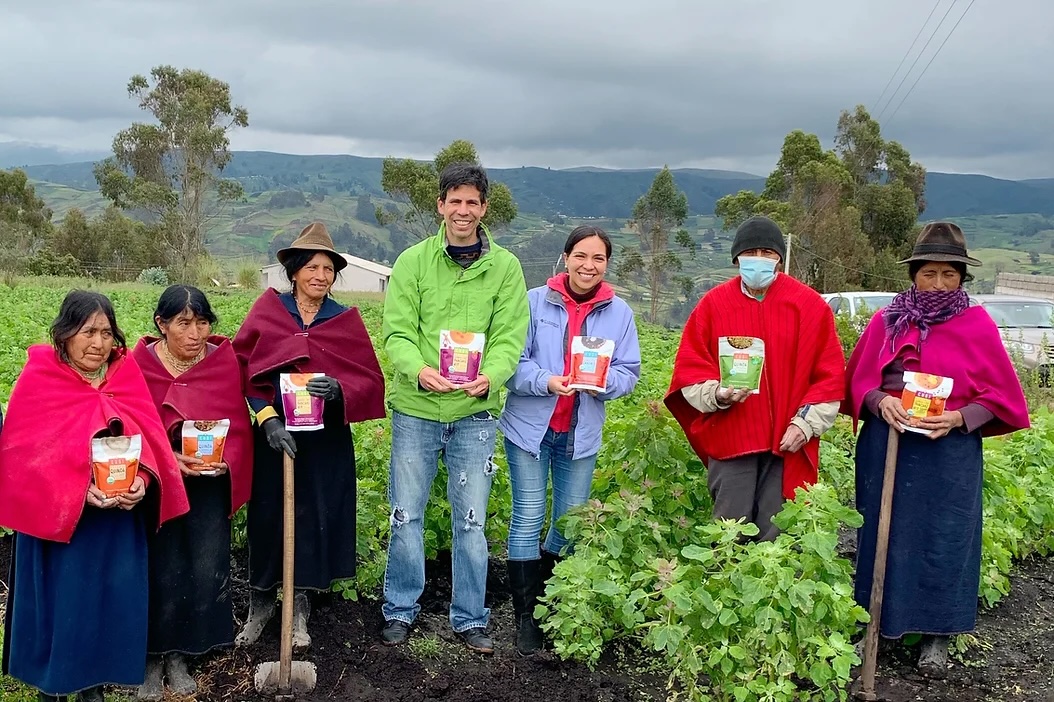ImpactAlpha, November 16 – Insect farming in Ghana. Aquaculture in Kenya. Land restoration in Morocco. Seven of the nine startups in the Norway-based impact tech accelerator’s new Africa cohort address the continent’s food security and agriculture value chain. Africa’s food supply hinges on small-scale farmers, whose efficiency, yields and incomes are threatened by climate change and lack of access to new technologies and finance. In Kenya, GrowAgric provides farmers with digital working capital loans; Aquarech is connecting fish farmers to buyers and feed suppliers. Nigeria’s Vetsark Cleva provides digital bookkeeping and business services to farmers and agribusinesses. Senegal’s Afrikamart is connecting farmers to buyers online. Morocco’s Sand to Green is restoring soils and converting desert into arable land through agroforestry.
Also in the cohort: Ghana’s Legendairy Foods is farming larvae from the snout weevil, known as palm larvae, as an alternative protein source for consumers. Nigeria’s Gricd designs smart monitoring devices for cold storage systems to keep food and other perishables from spoiling.
Two cohort participants aren’t directly involved in the food chain: Ghanaian money transfer and credit app Spark, and human rights and social impact data tracker Euclid.
Katapult will commit $150,000 to each startup.
Pay for success
Separately, Germany committed $15 million to the U.N.’s International Fund for Agricultural Development to pay rural communities and smallholder farmers to preserve natural resources. The funding will support three projects, including forest preservation in Brazil and water resource management and soil restoration in Lesotho.
The Lesotho project, as well as a planned project in Ethiopia, will connect farmers to voluntary carbon credit markets as new income streams.
The European Investment Bank is investing $500 million with IFAD for a separate rural lending program.











